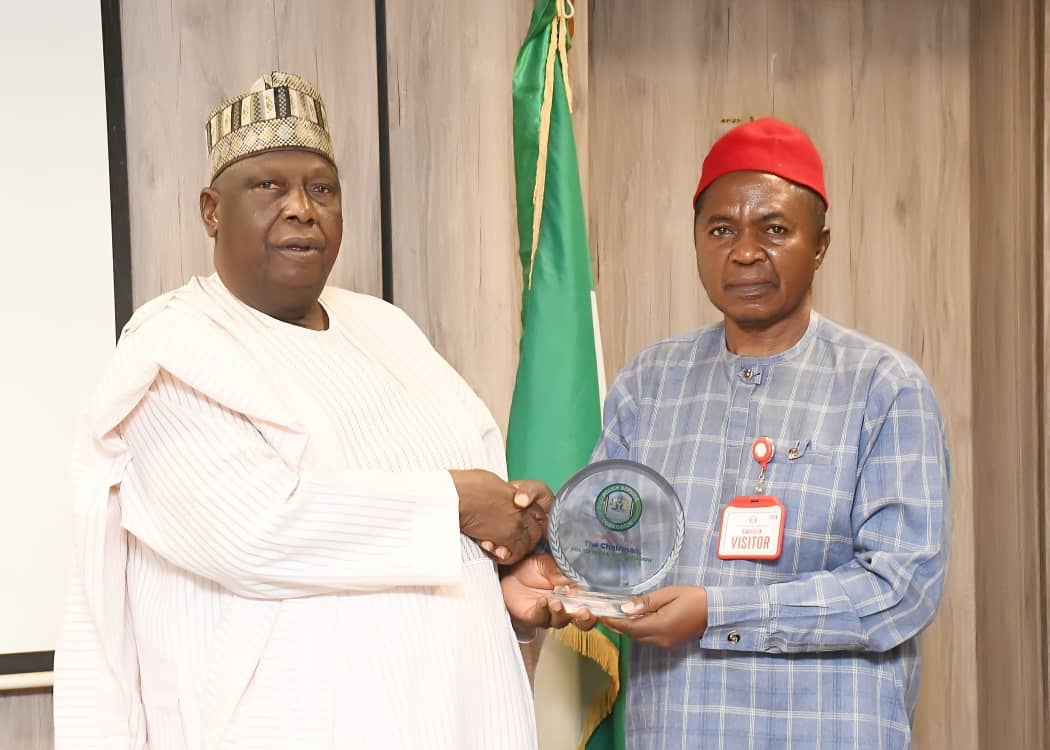The Police Service Commission (PSC) has announced plans to integrate forensic and DNA studies into police operations as part of its strategic effort to build a modern, technology-driven Nigerian Police Force capable of addressing sophisticated and transnational crimes.
Chairman of the Commission, retired Deputy Inspector General of Police Hashimu Argungu made this known while receiving a delegation from the University of Benin’s Centre for Forensic Programmes and DNA Studies (CEFPADS), led by the institution’s Deputy Vice Chancellor (Administration), Professor Christopher Osunbor.
DIG Argungu emphasized that in an era where crime has become more scientific and complex, leveraging advanced forensic techniques and DNA science is essential for effective criminal investigation and policing. He noted that such tools would not only strengthen the investigative capabilities of the Nigeria Police Force but also enhance the PSC’s oversight role in handling sensitive criminal matters.
To formalize the partnership, the PSC Chairman directed the Commission’s Directors of Human Resource Management and Legal Services to engage with the University of Benin’s centre to develop a Memorandum of Understanding (MoU). The agreement, he said, would extend to the Nigeria Police Force and is aimed at ensuring sustainable collaboration in forensic science application.
Argungu further highlighted that the knowledge of forensic and DNA studies is of cross-cutting relevance, contributing significantly to policy formulation and implementation across various sectors.
Speaking during the visit, Professor Osunbor described the forensic and DNA programmes as vital to the core functions of security agencies. He said the University is keen to collaborate with both the Commission and the Nigeria Police to deepen the application of forensic science in criminal justice administration.
Also present was Professor Eddy Ehikhamenor, Director of CEFPADS, who gave an overview of the Centre’s work. He explained that the Centre operates on a public-private partnership (PPP) model designed to ensure continuous functionality without bureaucratic delays or industrial actions. The Centre, he said, aims to bridge the forensic and DNA gap between privileged and underserved populations in Nigeria.
According to Prof. Ehikhamenor, CEFPADS is also committed to building a national DNA database to aid criminal investigations and facilitate research. The Centre offers academic programmes ranging from diploma to postdoctoral levels and provides training for the certification of DNA and forensic analysts, in collaboration with international partners.
He added that the Centre is positioned to assist in mass casualty identification, forensic screening during public health emergencies, and the routine testing of suspects for drug and alcohol use. In support of this, the Centre plans to offer annual postgraduate admission slots for 12 to 20 police officers, depending on the affordability and capacity of the Force.
Other members of the delegation included Dr. Benedicta Ehanire, Deputy Registrar and Head of Public Relations and Protocol; and Mr. Lucky Ikhalo, Deputy Registrar and Head of the University’s Abuja Liaison Office.
The initiative marks a significant step towards aligning Nigeria’s law enforcement practices with global standards in scientific policing.












Leave a Reply